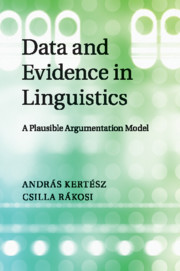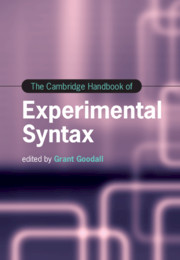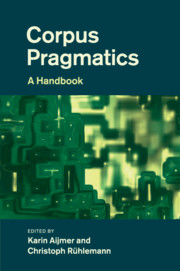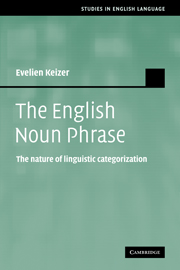Data and Evidence in Linguistics
The question of what types of data and evidence can be used is one of the most important topics in linguistics. This book is the first to comprehensively present the methodological problems associated with linguistic data and evidence. Its originality is twofold. First, the authors' approach accounts for a series of unexplained characteristics of linguistic theorising: the uncertainty and diversity of data, the role of evidence in the evaluation of hypotheses, the problem solving strategies as well as the emergence and resolution of inconsistencies. Second, the findings are obtained by the application of a new model of plausible argumentation which is also of relevance from a general argumentation theoretical point of view. All concepts and theses are systematically introduced and illustrated by a number of examples from different linguistic theories, and a detailed case-study section shows how the proposed model can be applied to specific linguistic problems.
- Proposes a new model of linguistic theorising to improve the effectiveness of problem solving in linguistics
- Provides a new interpretation of the concepts of 'data' and 'evidence' to enable readers to handle different data sources and data types
- Includes a comprehensive overview and analysis of the debate on data and evidence in linguistics in the twenty-first century
Product details
December 2019Paperback
9781108790604
311 pages
227 × 151 × 15 mm
0.45kg
12 b/w illus. 1 table
Available
Table of Contents
- 1. Introduction
- Part I. The State of the Art:
- 2. The problem (P)I
- 3. Historical background
- 4. The partial rejection of (SVLD) in the practice of object-scientific research
- 5. The partial rejection of (SVLD) in metascientific reflection
- 6. The solution to (P)I
- Part II. The P-Model:
- 7. The problem (P)II
- 8. Historical background
- 9. Plausible inferences
- 10. Plausible argumentation
- 11. The solution to (P)II
- Part III. Data and Evidence:
- 12. The problem (P)III
- 13. The concepts of 'datum' and 'evidence'
- 14. The solution to (P)III
- Part IV. Application of the P-Model: A Case Study:
- 15. The problem (P)IV
- 16. A case study: a reconstruction of Gentner and Wolff (1997)
- 17. The solution to (P)IV
- Part V. The Answers to the Open Questions:
- 18. The problem (P)V
- 19. The answers to (OQ1)–(OQ7)
- 20. The solution to (P)V
- 21. Summary: the solution to the main problem (MP).






